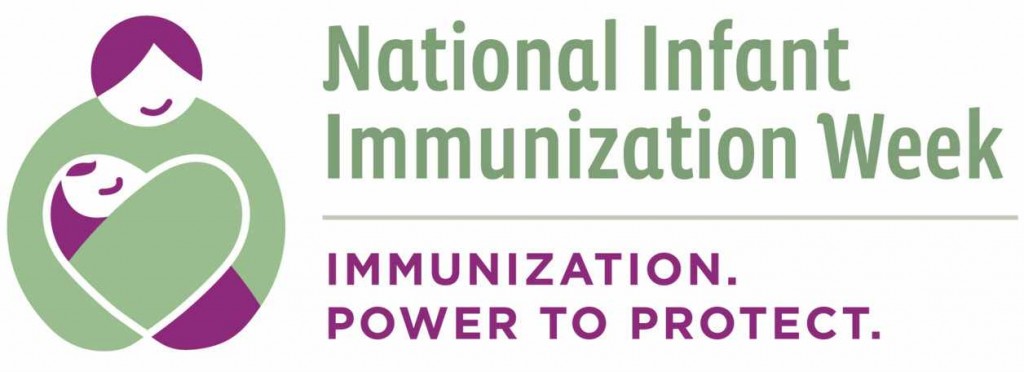-
Featured News
Immunizations — Stop Sickness Before It Starts

Immunization is one of the best ways you can protect yourself and your children against infectious disease. By stimulating your body's natural resistance to disease — thereby creating immunity — vaccines are your first line of defense against the likes of polio, measles, mumps, rubella, influenza, tetanus, diphtheria and pertussis.
“Were it not for the widespread use of vaccines in the U.S., a far greater number of deaths would occur during childhood and many more people would be living with chronic and often crippling after effects of disease,” says Mayo Clinic Health System pediatrician Joel Cassingham, M.D. “April 16-23, 2016, is National Infant Immunizations Week and is a great time to remind ourselves of the importance that immunizations offer in protecting ourselves and our children.”
The immediate result of immunization is the prevention of dangerous, potentially life-threatening infectious illnesses. The long-term goal of an immunization program is the complete eradication of a disease. Smallpox, a devastating illness that killed 30 percent of those infected and left the others with disfiguring scars, was completely eradicated through immunization in 1979. Measles cases in the U.S. have dropped by 98 percent, and diphtheria, a condition that caused over 15,000 deaths in 1921, now is only reported in two or three cases every year because of immunization.
“You probably trust your provider and believe that immunization for yourself and your children is the right thing to do. You understand that vaccinating your children also protects others from these diseases. However, due to a missed appointment, a hectic schedule or even lack of awareness, many children are not immunized. And while it is true that some vaccines can have side effects, the benefits far outweigh them,” adds Dr. Cassingham.
Every vaccine is tested and must meet strict safety standards set by the Food and Drug Administration (FDA). This can take up to 10 years and even after being opened to the public, every immunization is monitored by the Centers for Disease Control and Prevention (CDC).
“Sickness is a part of life, but through immunizations, you and your children can protect yourself from some of the deadliest and harshest illnesses out there,” says Dr. Cassingham. “By getting a vaccine, you are protecting everyone who works and lives around you as well.”







